In the US
In the US, phonics is assessed by most districts, but the screening varies by state.
As children progress through phonics instruction, they move onto reading graded books and eventually chapter books of their own choice. At that stage, children will usually read books labelled according to the Fountas and Pinnell (2016) system of books. These levelled readers are classified by characteristics and labelled from A-Z. (Note: many of these books are NOT phonetically regular, often leading to children having difficulty reading them).1
In the UK
In the UK, at the end of Year 1, students take a Phonics Screening Test at school to test their ability to read phonetically. This is a straightforward test. In 2018, 82% of students met the expected standard in the phonics screening check at the end of year 1 and 92% met the standard at the end of Year 2. In other words, most children without specific additional needs should be able to pass this test with proper phonics instruction.
As children progress through phonics instruction, they move onto reading graded books and eventually chapter books of their own choice. In the UK, reading graded books are divided into levels called “Book Bands”. These book bands are assigned a “reading age”.
Decoding fluency is the first step to reading achievement
Overall, the more fluent your child is in reading aloud phonetically, the faster they will progress to higher-level reading books. If your child struggles to “decode” words (using phonics), they will not be able to progress as quickly to more challenging book levels. Progress in reading is ultimately crucial to your child’s success across multiple subjects that require reading and writing comprehension and fluency.
Once a child decodes with fluency, teachers begin to focus more on the meaning of texts. They will increasingly ask questions about the text to assess vocabulary knowledge, comprehension, and enjoyment of the book. When children cannot read fluently (i.e. decode phonetically), they will often struggle with developing vocabulary, comprehending text and learning to enjoy reading.
Struggles with reading often lead to struggles in other areas of schooling. You can support your child with his or her reading development with our Foolproof Reading app. If you prefer hands-on work with your child, try our fun and easy-to-use Foolproof Phonics and Sight Words Worksheets. We recommend that you also read aloud to your child as much as possible. Here is a link to our blog on Making the Most of Reading time and a link to our blog on the Benefits of Shared Reading according to Neuroscience.




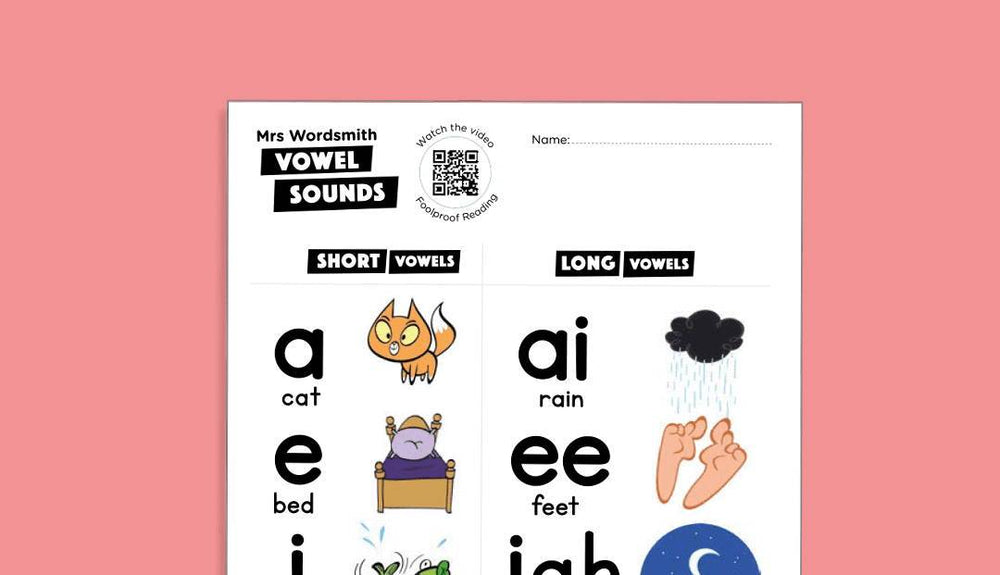

















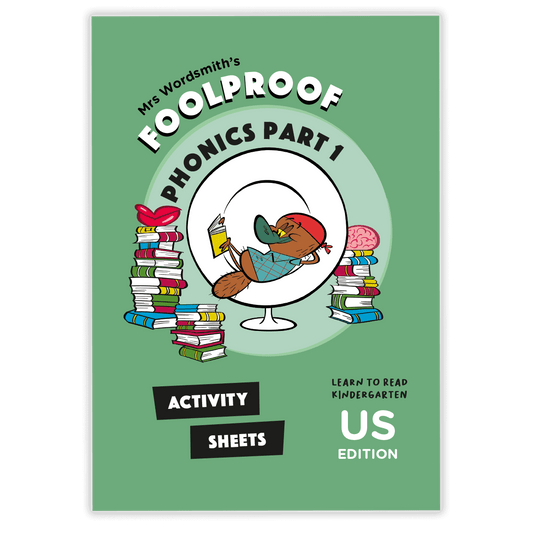
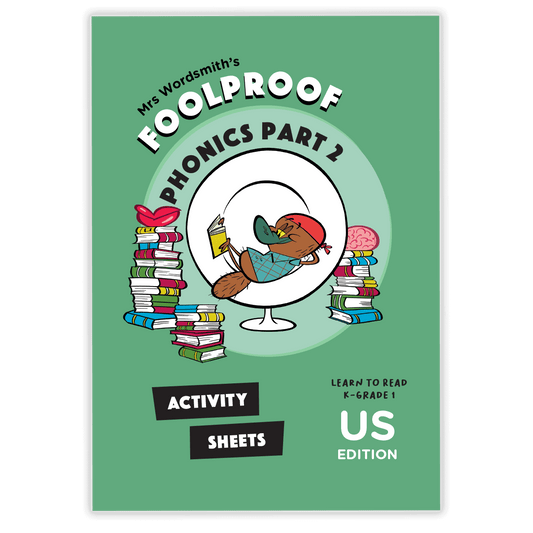


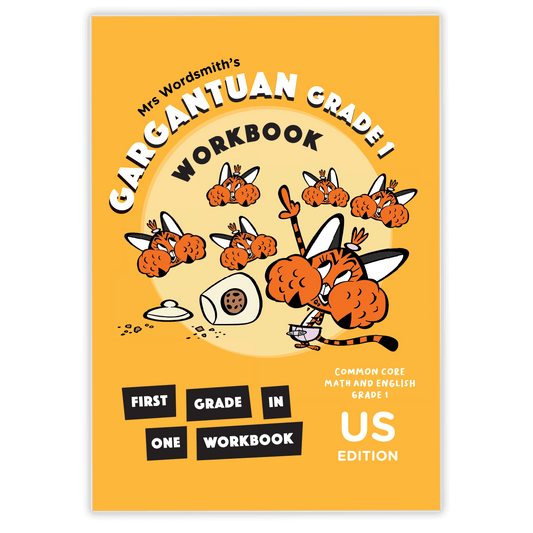





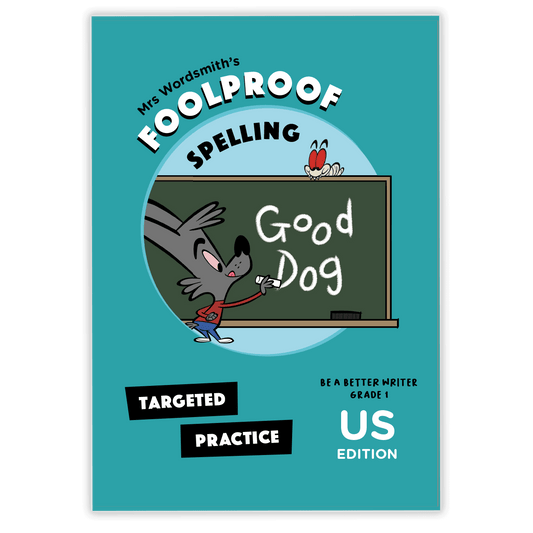
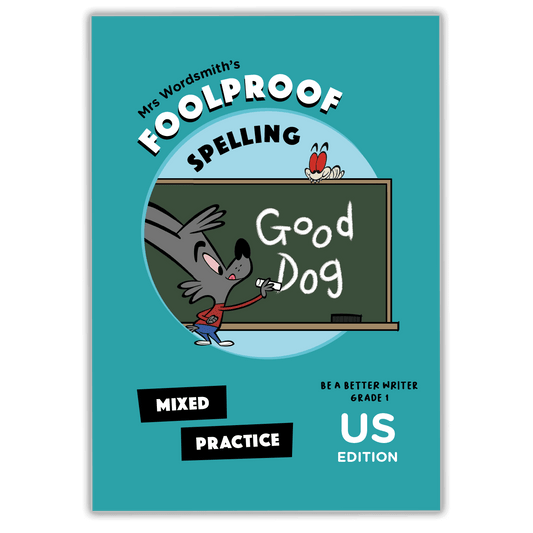

 https://mrswordsmith.com
https://mrswordsmith.com
Comment
Leave a comment